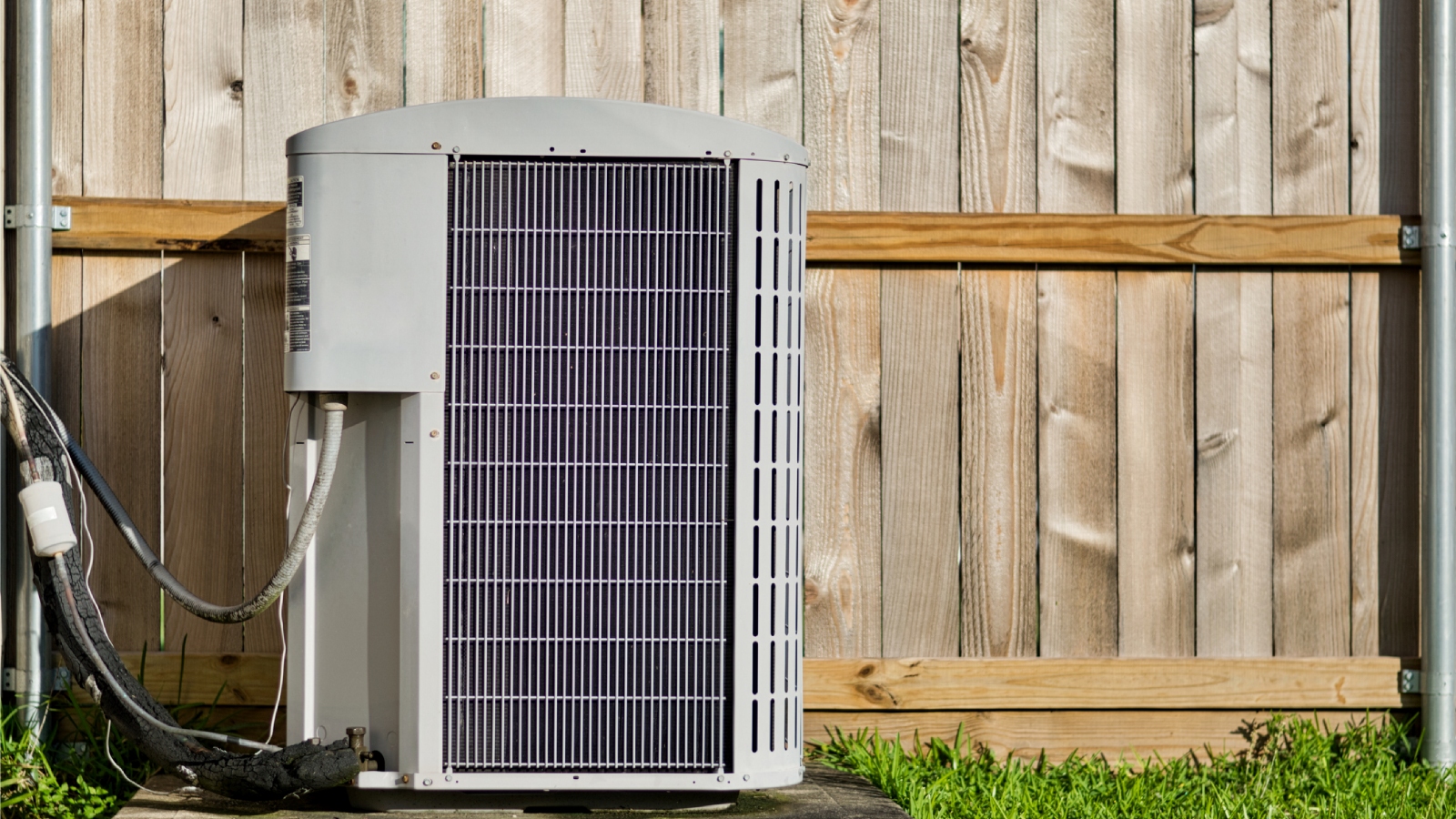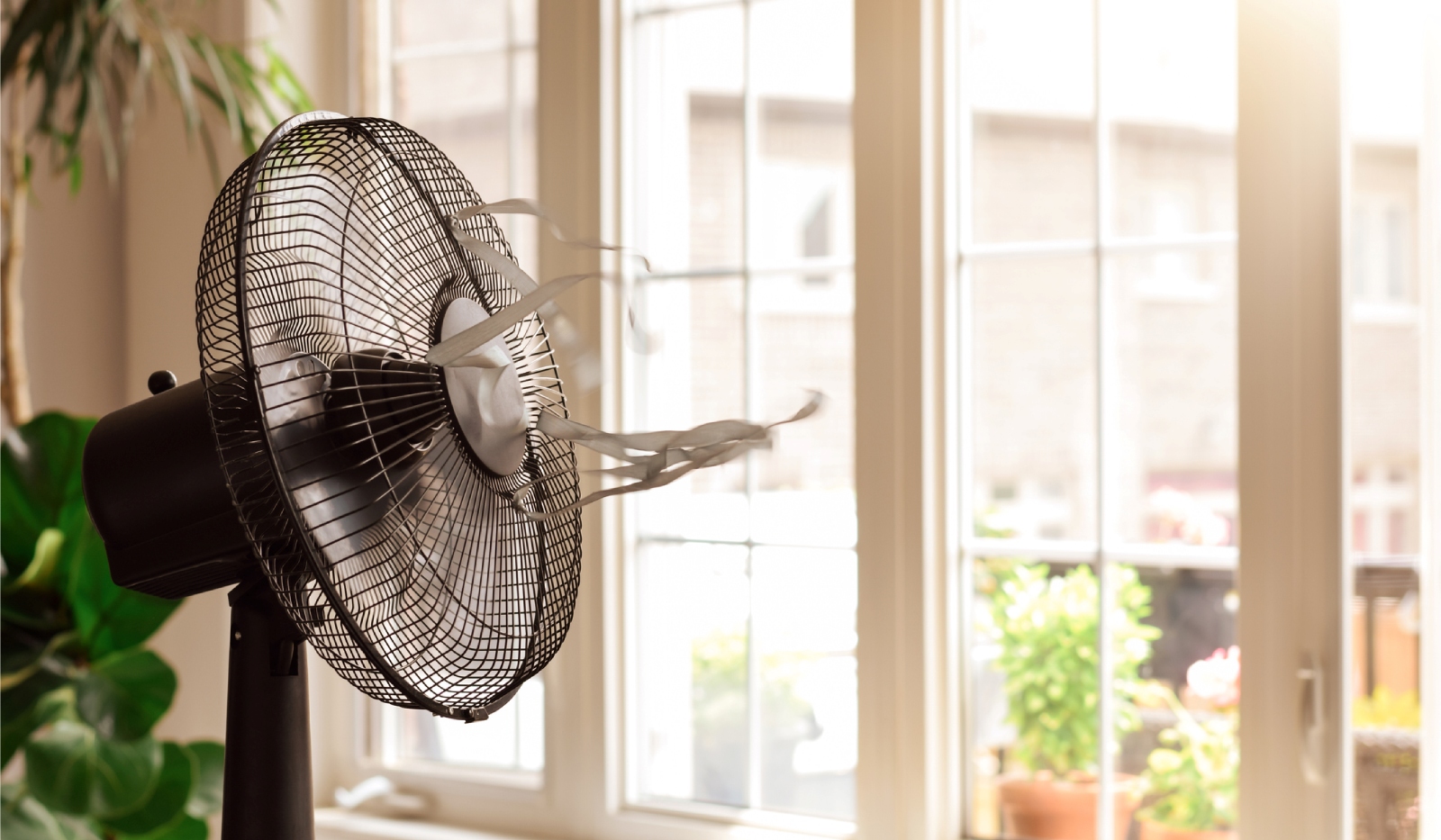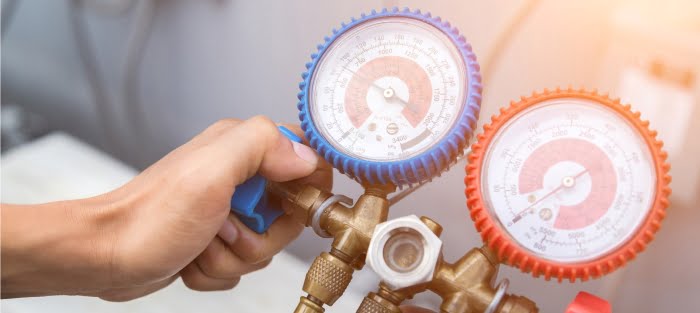
Your HVAC (Heating, Ventilation, and Air Conditioning) system is a critical component of your home’s comfort and functionality. From keeping you warm in the winter to cool in the summer, it works tirelessly year-round to maintain a comfortable indoor environment. However, like all mechanical systems, it has a finite lifespan. The following items influence the longevity of your HVAC system and help provide insights into how long you can expect it to last.
Understanding HVAC System Lifespan
The lifespan of an HVAC system can vary depending on several factors, including:
- Quality of Installation: Proper installation by qualified professionals can significantly impact the longevity of your HVAC system. A poorly installed system may experience premature wear and tear, leading to shorter lifespan.
- Maintenance: Regular maintenance is essential for keeping your HVAC system running smoothly. Neglecting maintenance tasks such as filter replacement, coil cleaning, and lubrication can accelerate wear and decrease the lifespan of your system.
- Equipment Quality: The quality of the HVAC equipment itself also plays a role in its lifespan. High-quality components and systems are generally built to last longer and withstand the rigors of continuous use.
- Usage Patterns: The frequency and intensity of use can affect how quickly your HVAC system wears out. Homes with heavy usage, such as those in extreme climates or with large families, may experience shorter lifespans compared to homes with lighter usage.
- Environmental Factors: Environmental factors such as humidity levels, air quality, and exposure to contaminants can impact the performance and longevity of your HVAC system. For example, systems located in coastal areas may be more prone to corrosion due to salt exposure.
Average Lifespan of HVAC Systems
While individual circumstances may vary, here are some general guidelines for the average lifespan of common HVAC components:
- Furnaces: On average, gas furnaces can last between 15 to 30 years, while electric furnaces may have a lifespan of 20 to 30 years.
- Air Conditioners: The average lifespan of central air conditioning systems is typically between 15 to 20 years. However, with proper maintenance, some units may last even longer.
- Heat Pumps: Heat pumps typically have a lifespan similar to air conditioners, ranging from 15 to 20 years.
- Boilers: Boilers can last anywhere from 15 to 30 years, depending on factors such as usage and maintenance.
- Ductwork: Properly installed and maintained ductwork can last for several decades. However, it may require repairs or replacement over time due to leaks or damage.
Tips for Extending the Lifespan of Your HVAC System
To maximize the lifespan of your HVAC system and avoid premature failure, consider implementing the following tips:
- Schedule Regular Maintenance: Invest in annual HVAC maintenance to keep your system running efficiently and identify any potential issues before they escalate.
- Change Filters Regularly: Replace air filters according to manufacturer recommendations to prevent dirt and debris from clogging the system and impeding airflow.
- Keep Outdoor Units Clean: Regularly clean the outdoor condenser unit to remove debris such as leaves, grass clippings, and dirt that can restrict airflow and reduce efficiency.
- Seal and Insulate Ductwork: Properly seal and insulate ductwork to prevent air leaks and ensure efficient airflow throughout your home.
- Invest in Quality Equipment: When it’s time to replace your HVAC system, opt for high-quality equipment from reputable manufacturers to ensure durability and longevity.
While the lifespan of an HVAC system can vary depending on several factors, proper installation, regular maintenance, and quality equipment are key to maximizing longevity. By understanding the factors that influence your system’s lifespan and implementing preventive measures, you can enjoy years of reliable comfort and efficiency from your HVAC system.
continue reading
Related Posts
Here’s what renters should know about North Carolina laws regarding landlords’ responsibilities for air conditioning in rental properties.
While these popular social media hacks may seem like a quick and cost-effective solution, they can pose significant threats to your safety and home.
One simple yet effective way to enhance comfort and energy efficiency during these warmer months is by adjusting the direction of your ceiling fan’s rotation.




